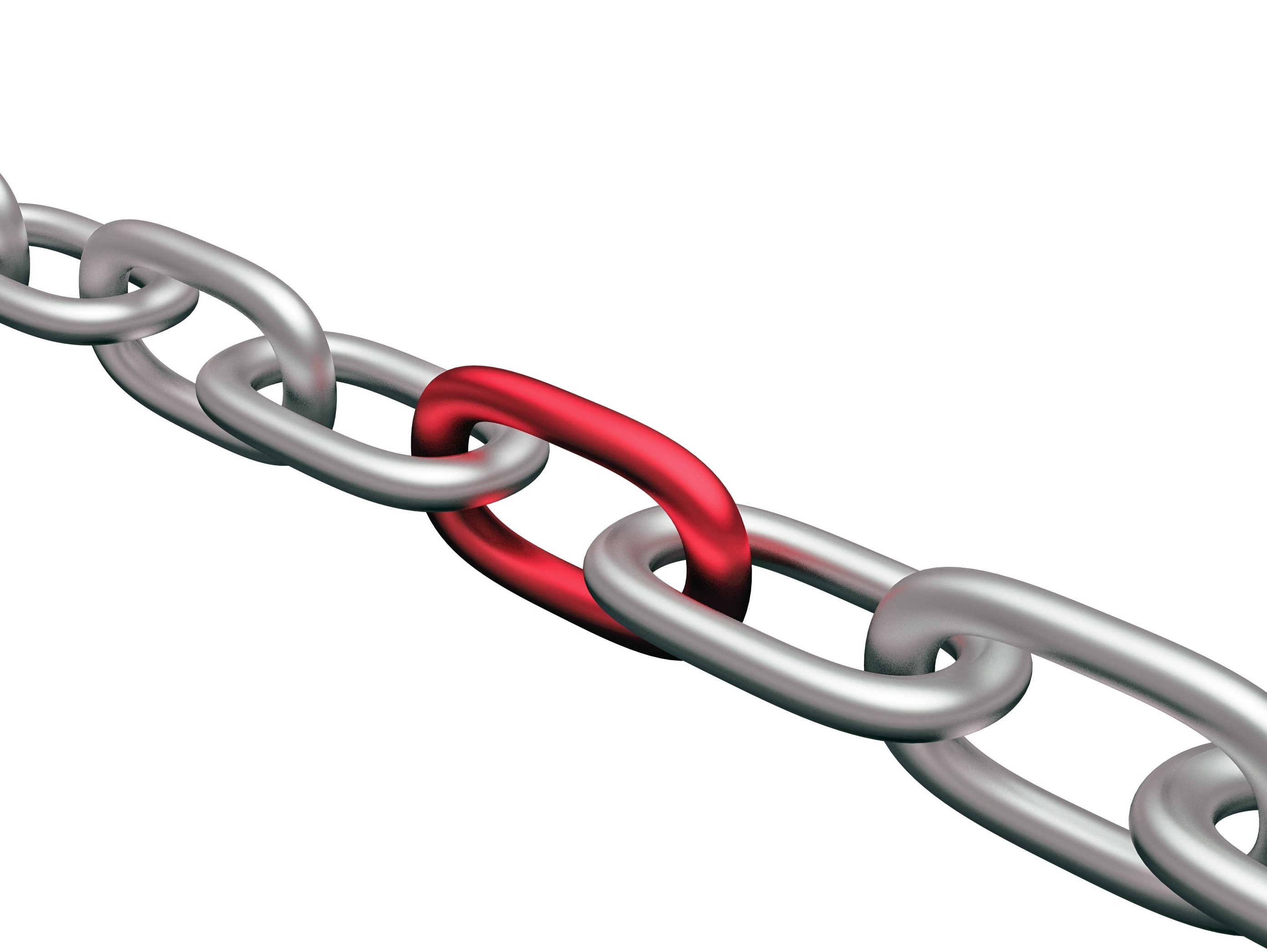Before we say Yizkor, I want to share a thought with you that I read in the journal, “Dos Yiddische Vort”.
It was an article by Rabbi Moshe Sherer, the head of the Agudas Yisrael in America. He describes how he was travelling by plane, together with Rabbi Yaacov Kaminetzky of blessed memory, to New York, back from a world gathering of Agudas Yisrael in Jerusalem.
The seating arrangement was such that R. Sherer was sitting in the row behind R. Kaminetzky, and, as it happened, next to R. Kaminetzky was sitting Yeruham Meshel, the General Secretary of the Histadrut, the Israeli Labor Federation.
Mr. Meshel and R. Kaminetzky had a conversation during the trip, which R. Sherer could overhear. Mr. Meshel, who is far from a religious Jew, was asking R. Kaminetzky many questions about Judaism, all of which R. Kaminetzky answered.
Finally, as the plane landed in New York, R. Kaminetzky asked Mr. Meshel: “Is there anything I have said to you in the course of our whole conversation which might cause you to change your way of life to be an observant Jew?” “No,” Mr. Meshel answered, “there is nothing in what you said that might cause me to change my lifestyle. However there is something you did not say which might make me change my mind — explain how it is that your son behaves as he does!”
Indeed, for most of the trip, R. Kaminetzky’s son, R. Shmuel Kaminetzky, instead of sitting down in his own seat, had been standing in the aisle next to his father, making sure he was comfortable, rearranging his cushions, bringing him something to drink, and so on. “I wouldn’t dream of asking my children to do anything for me. What is there in Judaism that gets your son to behave in this way?” “It’s very simple”, replied the Rabbi, “and I can explain it to you briefly.
In your outlook, the emphasis is on human progress, human improvement. This means that you look on your grandparents as primitive, as living in the dark ages, and your parents also, to a lesser extent. But it also means that your children, in turn, look on you as backward. So why should they show you honor? In our outlook, it is the opposite.
Each generation that is born is one step further removed from the Revelation at Sinai, and so the light of Revelation gets progressively dimmer. This means that each person honors his parents as being one generation closer to Sinai.”
The article does not record how this changed Mr. Meshel’s outlook or lifestyle, if at all.
This is an important point for all of us to ponder, as those of us who have lost parents say Yizkor. The value of honoring one’s parents, or their memories, is not simply a matter of nostalgia for the past, for quaint traditions and customs. Nor is it a matter of reckoning: “They paid for my food and education, so now I must pay for their needs.” It is a matter of realizing that one’s parents are one generation closer to Sinai, closer to the truth.
Pesach Kasher V’Sameach!!



